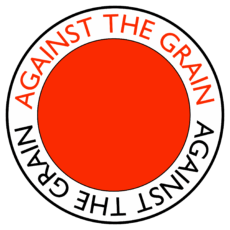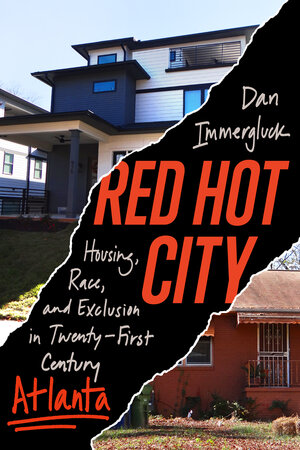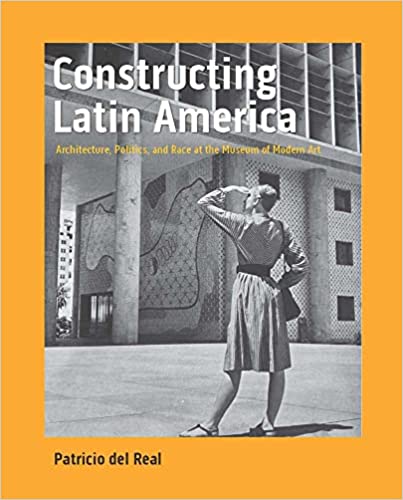Atlanta is a pivotal city for reasons cultural, economic, and political. And so the changes that the city and metropolitan area have undergone since the 1990s have been consequential, deepening class and racial inequality. As Dan Immergluck points out, these shifts were not the inevitable product of market forces, but the result of political decisions. … Continued










